

Our ancestors felt that words have a magical power.
They saw firsthand how words could move people and make something happen.
Sensing the wonder of words, our ancestors coined the word “kotototama” as “words are filled with energy”.
The word “Yamato” has been used as a spoken language since the Jomon period, before the introduction of Chinese characters to Japan, and is called “Yamato-Kotoba”.
Each word has a meaning, one syllable at a time.
It also expresses the innermost thoughts and feelings behind the words.
The image of each sound comes to mind naturally.
For example, “na”.
We use sounds like “na” and “ne” when asking for consent.
The sound of “na” and “ne” conjures up an image of harmony, not intensity and strength.
For laughter, use the “ha-line” sound.
Although not taught, the combination of vowels and consonants (lines of Ka, Sa, Ta, and Na…) can change the image of a laughing voice between “hahaha” and “fufu”.
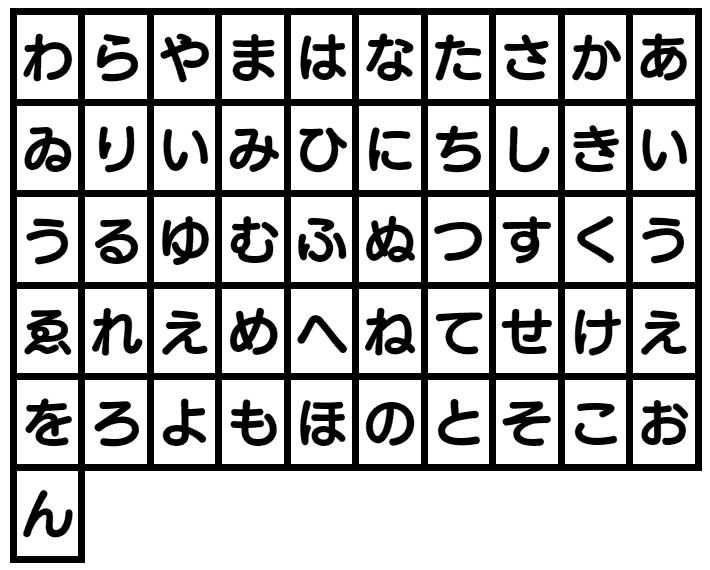
In this page, we’ll tell you about Japanese studies of ancient words and phrases.
Language New Articles
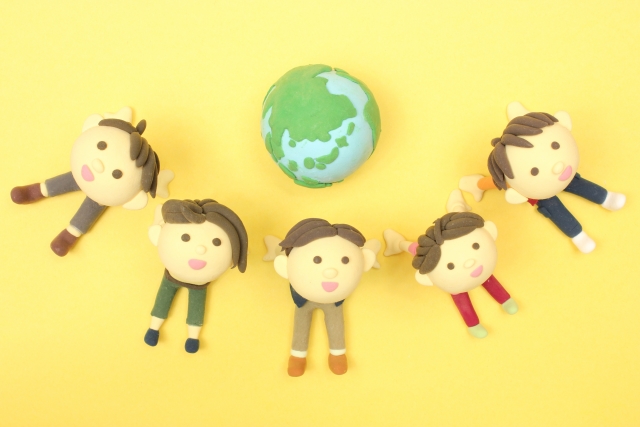
The Sixth Sense
- Posted: 2021.1.5
The five human senses are sight, hearing, smell, touch, and taste. In Eastern thought, there are six roots: ey […]
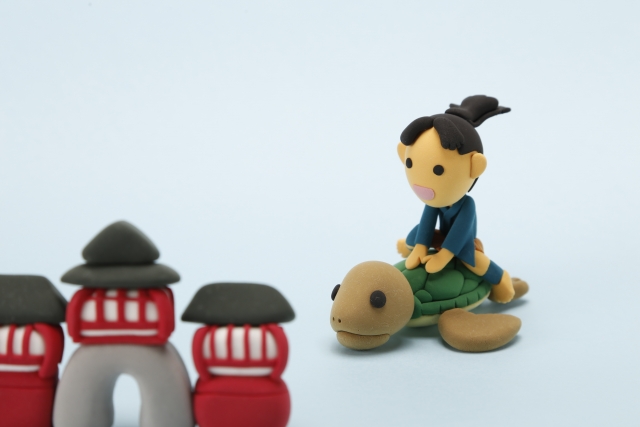
Pay it forward
- Posted: 2021.1.4
When we reach milestones in our lives, such as graduation, finding a job, or getting married, we are reminded […]
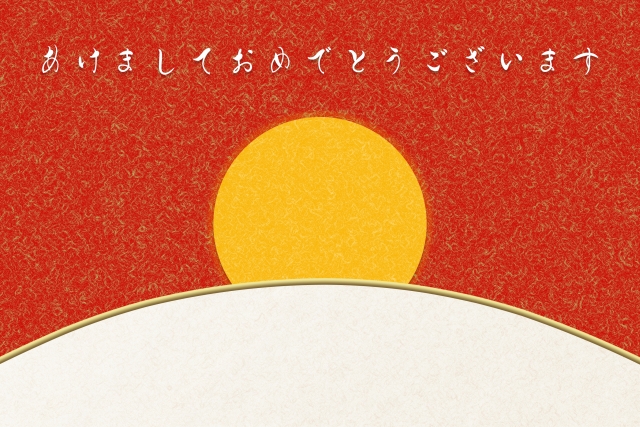
Kotohogi (Ancient Japanese words meaning “to congratulate”)
- Posted: 2021.1.2
The word “Kotohogi” means “to celebrate with words”. There was a belief in “koto […]
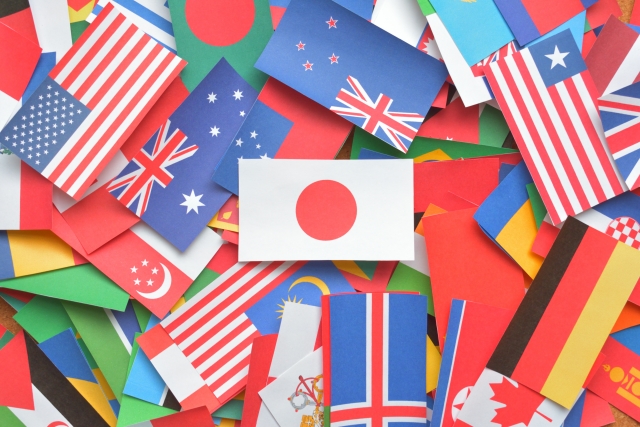
Japanese Flag and National Anthem
- Posted: 2021.1.2
Each country’s national flag expresses its thoughts and feelings. There are flags that represent the sun […]

Kotohogi (Traditional Japanese words meaning “to congratulate”)
- Posted: 2021.1.2
The word “Kotohogi” means “to celebrate with words”. There was a concept of “Kototama” that words have the pow […]
